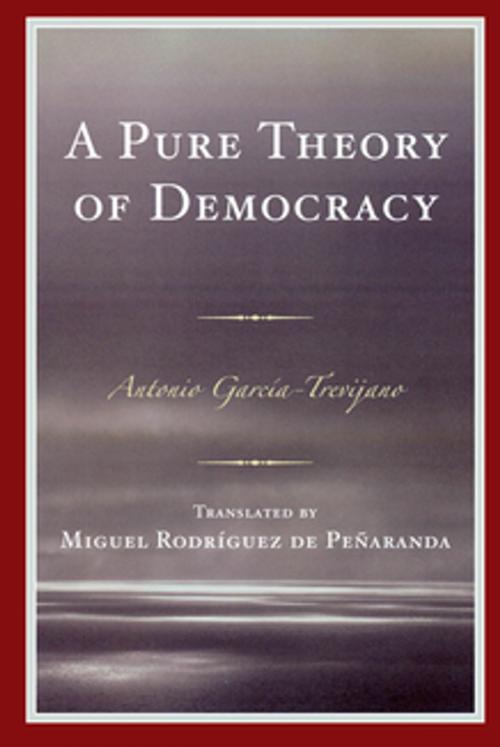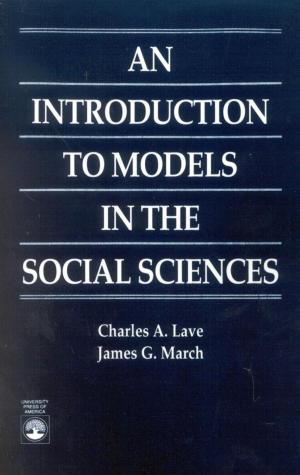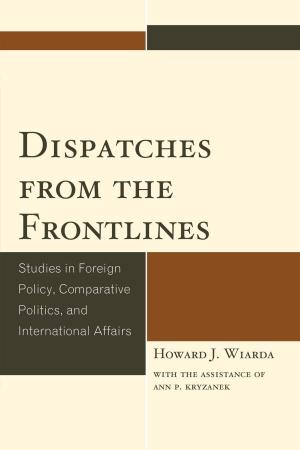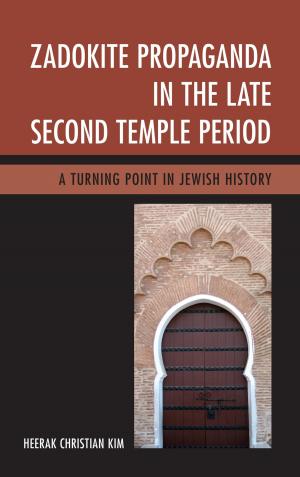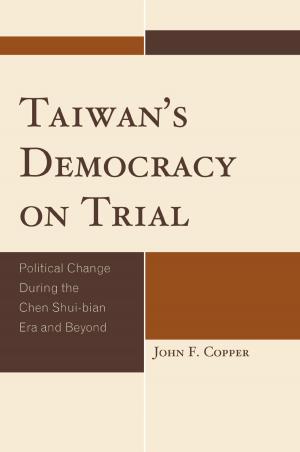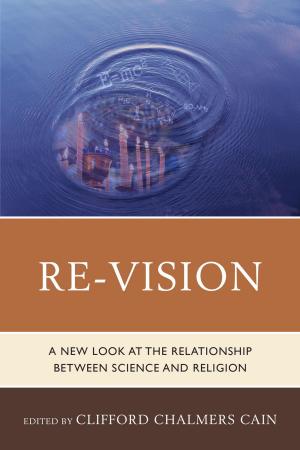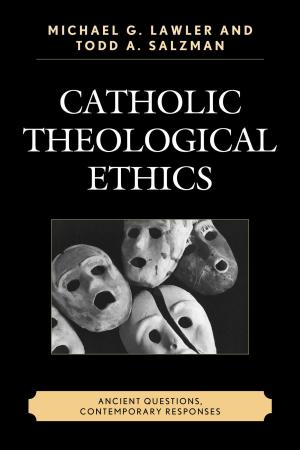A Pure Theory of Democracy
Nonfiction, History, World History, Religion & Spirituality, Philosophy, Social & Cultural Studies, Political Science| Author: | Antonio García-Trevijano | ISBN: | 9780761848578 |
| Publisher: | UPA | Publication: | September 30, 2009 |
| Imprint: | UPA | Language: | English |
| Author: | Antonio García-Trevijano |
| ISBN: | 9780761848578 |
| Publisher: | UPA |
| Publication: | September 30, 2009 |
| Imprint: | UPA |
| Language: | English |
'This is not a democracy,' Antonio Garc'a-Trevijano denounces in the first pages of this book. To confront the great lie that Europe does have democratic regimes, a lie rooted in people's confounding of the liberties they enjoy with the political freedom that they lack, the author builds a realistic theory of democracy to end the false idea that corruption, state crime, and public immorality are democracy's (undesirable) products and not the natural and inevitable fruits of oligarchic regimes. Thanks to a superb review of the events that mark the history of democracy, the author reveals the obstacles that, from the 17th century English revolution, the United States' War of Independence, and the French Revolution, opposed political freedom, deviating old Europe's democratic possibilities toward the current parties' state. There exist important theories of the state and of constitution, but none that can be called a theory of democracy. Antonio Garc'a-Trevijano's original theory, a modern synthesis of Rousseau's pure democracy and Montesquieu's political freedom, responds to European need for a theory of democracy as a real alternative to the corrupted parties' regime that was engendered by Western pragmatism during the Cold War.
'This is not a democracy,' Antonio Garc'a-Trevijano denounces in the first pages of this book. To confront the great lie that Europe does have democratic regimes, a lie rooted in people's confounding of the liberties they enjoy with the political freedom that they lack, the author builds a realistic theory of democracy to end the false idea that corruption, state crime, and public immorality are democracy's (undesirable) products and not the natural and inevitable fruits of oligarchic regimes. Thanks to a superb review of the events that mark the history of democracy, the author reveals the obstacles that, from the 17th century English revolution, the United States' War of Independence, and the French Revolution, opposed political freedom, deviating old Europe's democratic possibilities toward the current parties' state. There exist important theories of the state and of constitution, but none that can be called a theory of democracy. Antonio Garc'a-Trevijano's original theory, a modern synthesis of Rousseau's pure democracy and Montesquieu's political freedom, responds to European need for a theory of democracy as a real alternative to the corrupted parties' regime that was engendered by Western pragmatism during the Cold War.
